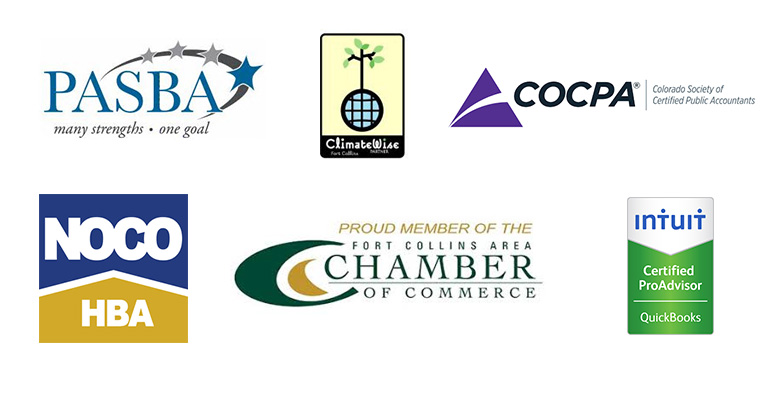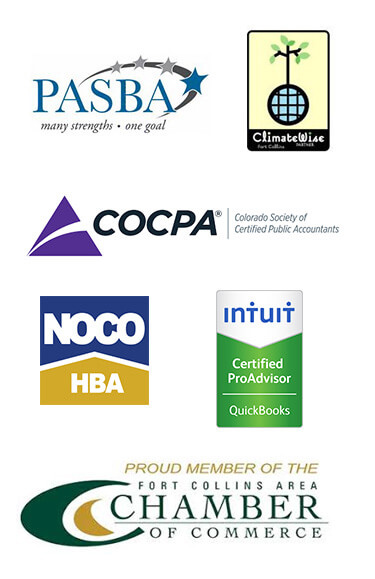The high cost of doing business has just become even higher. Federal and state requirements regarding employment and employee benefits can appear to threaten profits and growth for many small business owners. In addition to health care costs mandated by the recently enacted Affordable Health Care Act, employers are also faced with rising costs for retirement plans, unemployment insurance, and other costs required to simply maintain a workforce.
There is perhaps a no better time to enlist the support of a certified public accountant. Going beyond number-crunching, an experienced CPA can offer business bookkeeping that really matters, offering projections, analysis, and financial advice that can help shape your labor costs and payroll expenses. The right tax service includes finding ways to counteract the rising costs certain regulations may impose, and maintaining a loyal workforce while still retaining the ability to grow and prosper.
Health Care Tax Credits for Small Business Owners
In the current regulatory landscape, small business owners that have grown their workforce to include over fifty full-time, regular employees may be required to offer a minimum level of health insurance coverage. This coverage must comply with the Affordable Care Act standards to cover preventative care and other mandated services. Employer contributions to employee healthcare plans can take a significant bite out of your business wallet, but the cost can be offset by a tax credit designed to support the needs of small businesses.
Based on the amount of money your business spends on employee premiums, your tax credit can increase up to 20% of your expenses. This means that a business owner that spends $50,000 on health care premiums every year can often save around $10,000 through the tax credit. Your tax service should also take advantage of other available credits and deductions, as well as provide business bookkeeping strategies that maintain non-taxable employer contributions to employee benefits.
Retirement Plan Options
Although not mandated by regulation, retirement plans can be a great way to support loyalty within your workforce and compete for the best prospective employees. These plans generally allow business owners and their staff to set aside non-taxable, or pre-taxed, income to take part in profit-sharing or interest-bearing savings accounts. These plans can have the effect of limiting the amount of employment taxes paid by employers and employees alike. Types of retirement plans are varied and each serves a different function for savings and growth. Individual Retirement Arrangements, or IRAs, allow employees to design their own savings plans. The highly popular 401(k) plan involves employer and employee contributions to a profit-sharing plan that helps support the savings interests of your workforce with the growth potential of your business.
Using Cafeteria Plans to Save Money
Today, employees want choices when it comes to their health care and retirement plans. Luckily, offering these choices can benefit both employers and employees. Cafeteria plans can be a tremendous opportunity for small businesses to offer choices to their employees while protecting their costs with non-taxable payroll contributions. Your employees are able to choose from a variety of retirement savings options and health care plans that can fit their budget and fit within the spending needs of your business. Offering choice can further attract and retain top employees and help businesses control costs and save money on their taxes.
The rules of cafeteria plans are outlined in section 125 of the U.S. tax code. Benefit companies are often weary of pushing this type of plan flexibility on businesses because it yields fewer interest and returns for third-party administrators. Your certified public accountant, however, provides tax service that is geared to ensure compliance and minimize your tax liability. Cafeteria plans allow employees to choose from benefit plans that reduce their taxable income and increase their take-home pay; and they also reduce the payroll taxes owed by small business owners who will be able to pay less Social Security and Medicare/Medicaid costs, as well as disability or worker’s compensation premiums.
Tax Service that Makes a Difference
The right CPA will provide you with more than forms and filing advice. Structuring your payroll to account for the demands of evolving legislation and revenue collection strategies is essential for survival in today’s business climate. The way you manage your payroll is inevitably tied to the tax strategies you employ to combat growing costs for compliance. With the right type of small business accounting support, you can control labor costs and payroll tax expenses by taking advantage of credits, deductions, and benefit plan strategies that can still allow your business to grow to its full potential.




